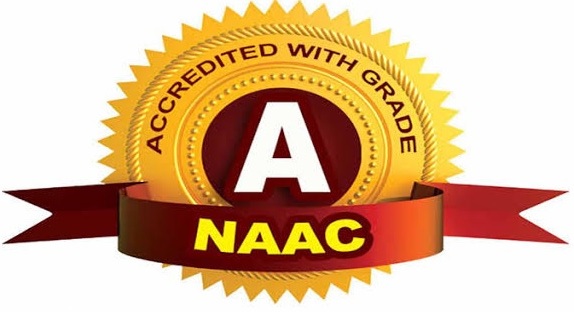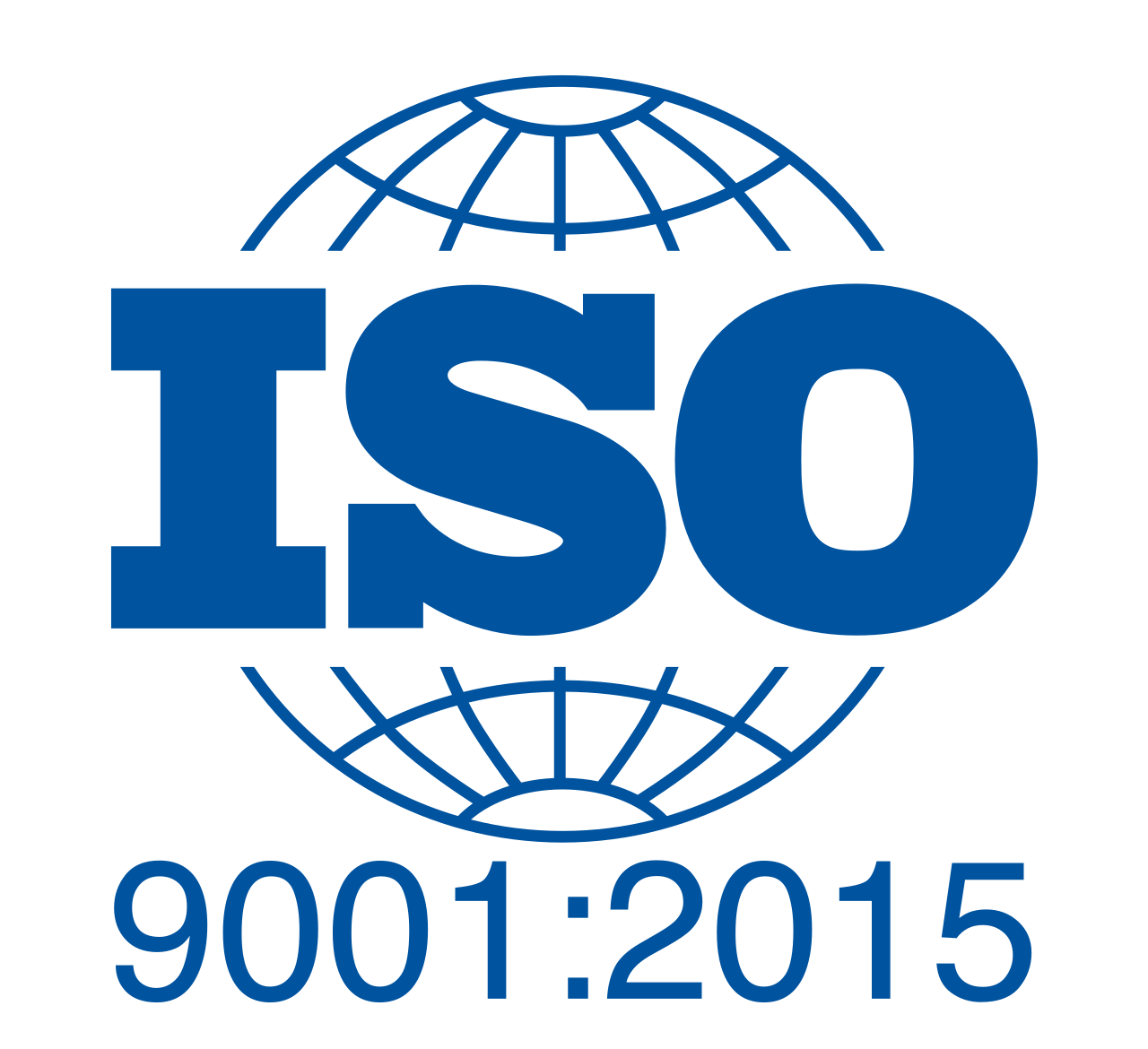Community Medicine
About the Department
Department of Community Medicine, Narayana Medical College & Hospital is committed towards improving quality of Teaching and Training in the Theory and Practice of Community Medicine through a Transparent and Multi Disciplinary approach and by networking other Service Delivery Institutions of Primary Health Care and Voluntary Organizations, thereby paving way for:
 Clarity among the students of Medicine and various Paramedical courses in understanding the complexity of Community Organisation and Behaviour in matters related to Health and for making Community Diagnosis.
Clarity among the students of Medicine and various Paramedical courses in understanding the complexity of Community Organisation and Behaviour in matters related to Health and for making Community Diagnosis.
 Improved skills in Planning and Providing services for the Promotion, Maintenance Monitoring and Restoration of Health for the individuals, Families and Communities at large
Improved skills in Planning and Providing services for the Promotion, Maintenance Monitoring and Restoration of Health for the individuals, Families and Communities at large
Academics
The Post Graduate course in M.D (Community Medicine)
Fortnightly Journal Club meetings are conducted in which the faculty members and Post Graduate Students in dept of Community Medicine present selected articles on the subject of interest. The articles are critically reviewed and discussed in a way to understand the current trends in the fields of various aspects of Community Health Care and Research. Seminars are conducted twice weekly for the Postgraduate students. Topics in Community Medicine, Public Health are presented and discussed in detail.
They are given Community Oriented training in different public health institutions and also given training in clinical medicine. They are given hands on training in planning and carrying out population based epidemiological studies.
Anatomy courses offered for Post Graduates:
Post graduates from other disciplines viz. Medicine, Paediatrics, OBG
They are posted periodically to this Department. They are attached to Primary Health Centres / Urban Health Centres for their community oriented training. They are exposed to the real life situation in the practice of Social Obstetrics, Social Paediatrics and Social Medicine.
MBBS Course:
M.B.B.S students’ training in Community Medicine starts from 1 st semester and continues till 7 th semester. After a gap of one year, on successful completion of 9 th semester they come back to the Community Medicine department for 3 months as CRRIs. Medical students teaching and training includes Lectures, Small Group Discussions, Seminars, Clinico-social Case Discussions, Problem solving exercises, Field Visits and Laboratory work.
Community oriented training is given to MBBS students as follows.
 They are taken to field practice areas and are exposed to local health problems. The methodology of carrying out surveys is explained. The types of instruction include both observational and participatory.
They are taken to field practice areas and are exposed to local health problems. The methodology of carrying out surveys is explained. The types of instruction include both observational and participatory. Clinico – social case studies are conducted on cases from OPD as well as from wards.
Clinico – social case studies are conducted on cases from OPD as well as from wards. Binocular Microscopy.
Binocular Microscopy. The students are exposed to various important institutions / organizations of Public Health importance.
The students are exposed to various important institutions / organizations of Public Health importance. At the end of the above programme, the students present the observations on their visits / Clinico-Social cases and these are discussed objectively. All the staff members take part in the discussions.
At the end of the above programme, the students present the observations on their visits / Clinico-Social cases and these are discussed objectively. All the staff members take part in the discussions. Short assessment test is conducted on the penultimate day of each postings and adequate feed back is given to the students.
Short assessment test is conducted on the penultimate day of each postings and adequate feed back is given to the students. After successful completion of final year, the MBBS students are posted to community medicine department for 3 months as a part of compulsory Rotating Internship (CRRI) in batches of 15 – 20 students. CRRIs are given training in Primary Health Centre and Urban Health Centre and in other Public Health Institutions.
After successful completion of final year, the MBBS students are posted to community medicine department for 3 months as a part of compulsory Rotating Internship (CRRI) in batches of 15 – 20 students. CRRIs are given training in Primary Health Centre and Urban Health Centre and in other Public Health Institutions.
Field Practice area:
The facilities available at Primary Health Centre, Mutthukur and Urban Health Centre, Saraswathi Nagar are utilized for field practice by the students in the Dept. of Community Medicine.
Para Medical Courses:
Lecture classes are conducted for the Para Medical Courses as per prescribed syllabus. At present students of the following Para medical courses are trained in this Department.
 B.P.T
B.P.T
 B.Sc
B.Sc
Facilities / Equipments
The Department of Community Medicine is located in the spacious 2 nd floor of the college building. The Department includes the following facilities.
 Lecture hall
Lecture hall
 Tutorial halls – 2 (one for PGs & one for UG)
Tutorial halls – 2 (one for PGs & one for UG)
 Chamber for H.O.D
Chamber for H.O.D
 Chambers for Prof/Asst. Prof. / Tutors / Demonstrators Statistician
Chambers for Prof/Asst. Prof. / Tutors / Demonstrators Statistician
 Office room
Office room
 Departmental Library
Departmental Library
 Health Museum
Health Museum
 Laboratory
Laboratory
The Health Museum of the department has different types of exhibits
 Models
Models
- – Lifecycles of Parasites
- – Environmental Health
 Specimen
Specimen
- – Parasites
- – Public Health Chemicals
- – Insecticides
- – Vaccines & Cold Chain Equipments
- – Family Welfare
 Wax Models – Nutrition
Wax Models – Nutrition Slides on
Slides on
- – Medical Entomology
- – Parasitology
- – Bacteriology
 Projection Slides Library
Projection Slides Library Charts on various Topics (96 Nos.)
Charts on various Topics (96 Nos.)
Services Offered
Regularly participated in Intensified Pulse Polio Immunization Programmes
 Health Awareness Camps
Health Awareness Camps
 School Health Camps
School Health Camps
 Health Camps
Health Camps
Faculty Details
- List of Teaching Staff
- List of Non – Teaching Staff
- Academic Schedule
- PG – Syllabus
- Events



 CINEC
CINEC